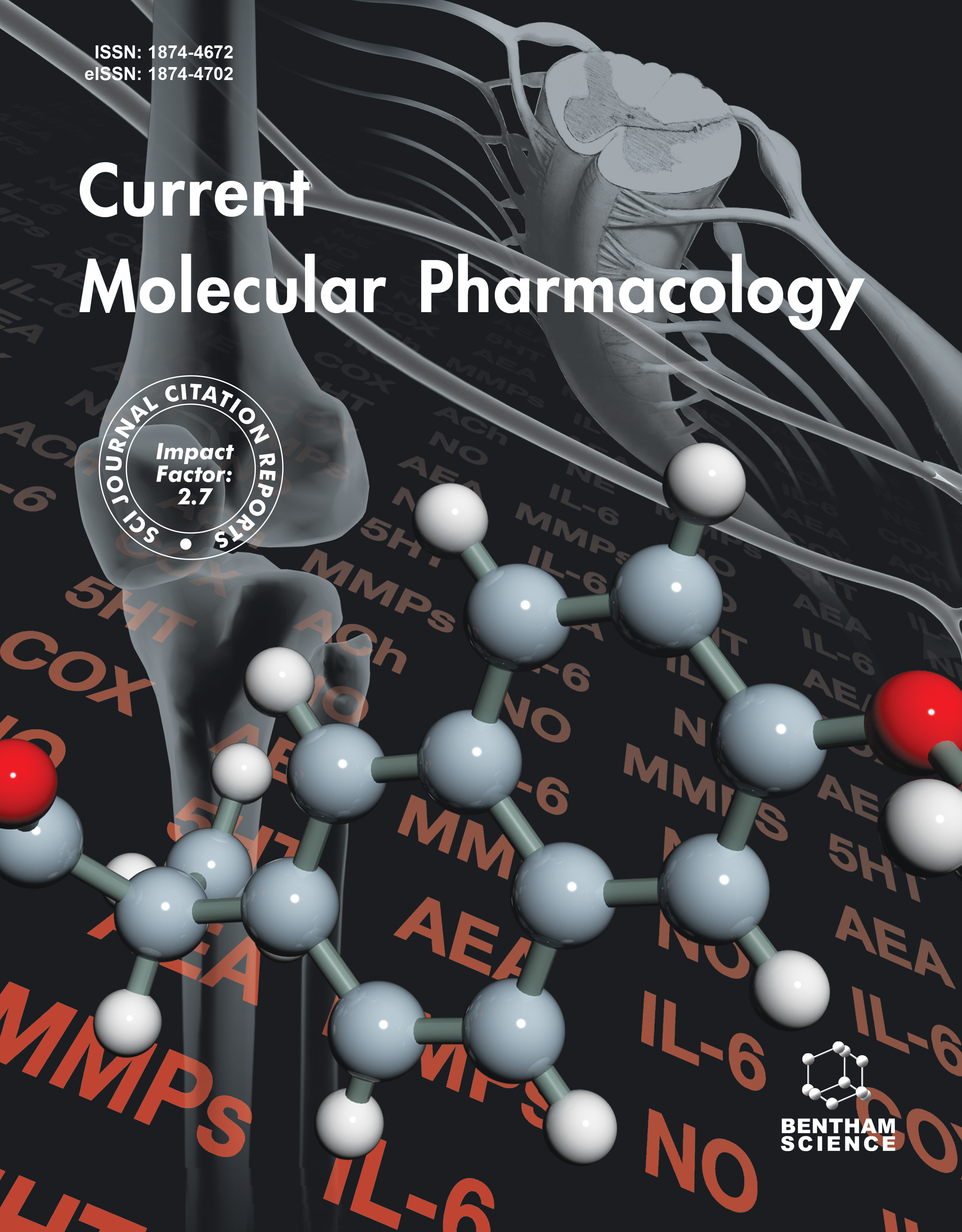-
s Probing the Ubiquitination-Mediated Function of Epithelial Sodium Channel in A549 Cells
- Source: Current Molecular Pharmacology, Volume 16, Issue 3, Jun 2023, p. 411 - 418
-
- 01 Jun 2023
Abstract
Background: The activity of the amiloride-sensitive epithelial sodium channel (ENaC) in the tight epithelia of the lung is regulated by proteolytic activation and ubiquitination. Pathophysiology of lung diseases is directly related to changes in one or both of these mechanisms. Methods: In this study, we investigated the impact of ubiquitination and cathepsin-mediated proteolytic activation mechanisms on the functional regulation of ENaC in lung cancer A549 cells using the patch-clamp technique. Results: Our findings suggest that inhibiting the proteasome (polyubiquitination) with MG132 improves ENaC activity, whereas altering the pH of the lysosome (monoubiquitination inhibition) with NH4Cl has no effect on ENaC activity. In A549 cells, inhibition of cathepsin B (CSTB) decreased the ENaC current, open probabilities (NPo and Po), and the number of active channels. Conclusion: These findings delineate novel modes of ENaC degradation and proteolytic activation of functional channels in A549 cells. Our findings indicate that both proteolytic activation and ubiquitination of ENaC significantly affect channel function and add new insights into the endogenous ENaC processing which might help to further understand the pathophysiology of the lung disease.


